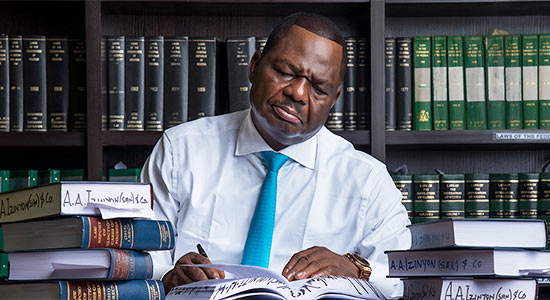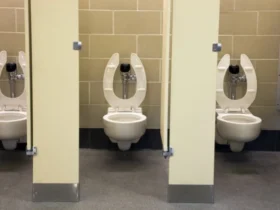In a comprehensive discourse, a Senior Advocate of Nigeria (SAN) Alex Izinyon, on Wednesday, analysed the increasing impact of social media on legal proceedings and the judicial system.

Alex Izinyon conveyed these thoughts in an article titled ‘The Power of Social Media and Its Influence on Decisions of the Bar and the Bench.’
He brought attention to issues surrounding lawyers making public comments on ongoing cases, the influence of media coverage on public opinion, and how social media activism can disrupt due process.
“There is a tendency for lawyers, including SANs, to post derogatory statements about cases on social media before judgments are delivered,” Izinyon remarked.
“Judges often face public pressure and online harassment. Trials suffer from bias due to inadmissible evidence and prejudiced coverage, thereby obstructing justice,” he added.
READ MORE: Alex Otti Welcomes Partnerships with Poland and Bulgaria for Abia Development
In order to uphold fair trials, the seasoned lawyer proposed several recommendations. He advocated for the enforcement of contempt of court laws against media entities that impede justice.
Izinyon called for the establishment of training programs and certification standards for journalists, emphasising that media freedom should not include actions that constitute contempt.
Additionally, Izinyon underscored the need for the Nigerian Bar Association to take disciplinary action against lawyers who make irresponsible public statements about judges and ongoing cases.
“The bar must cleanse itself, and judges should carefully consider social media conduct,” he emphasised.
He suggested that courts have the authority to exercise contempt powers over unwarranted media activities.
Reflecting on the situation, the SAN pointed out that unbridled social media activism poses a threat to the rule of law. “While the media is crucial for democracy, it should not have unrestricted freedom in reporting trials, which are not mere social events,” he concluded. Regulation of speech and coverage is deemed essential to preserve the integrity of Nigeria’s judicial system.







Leave a Reply